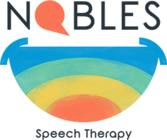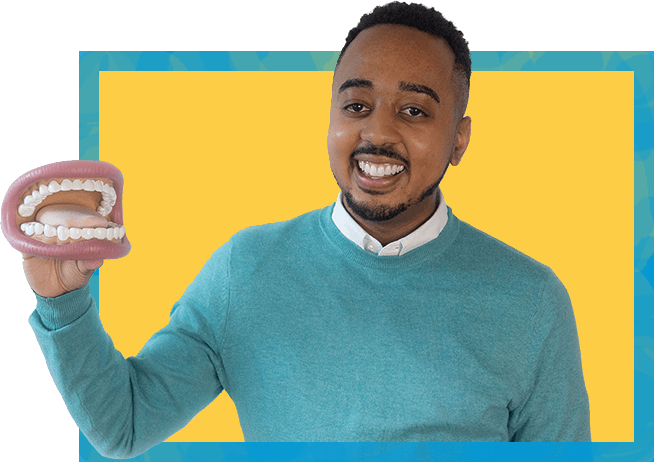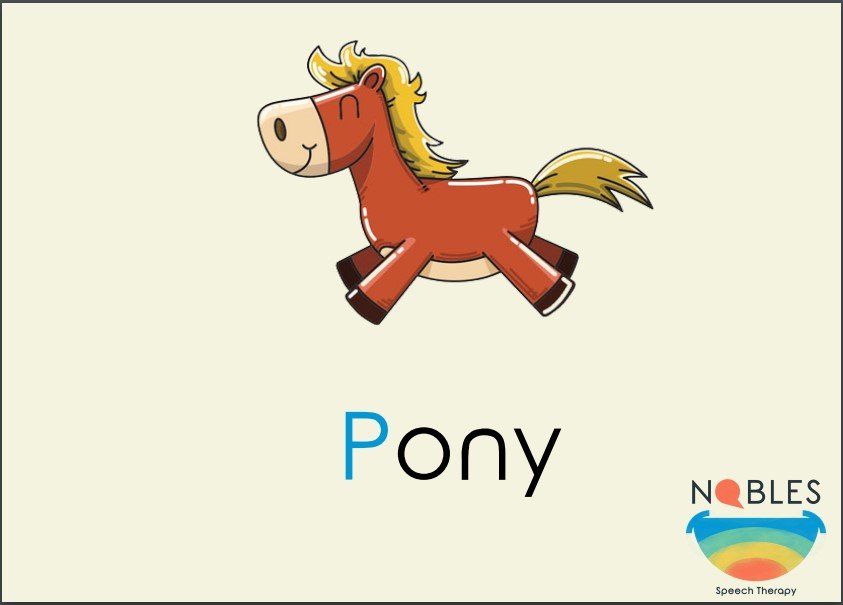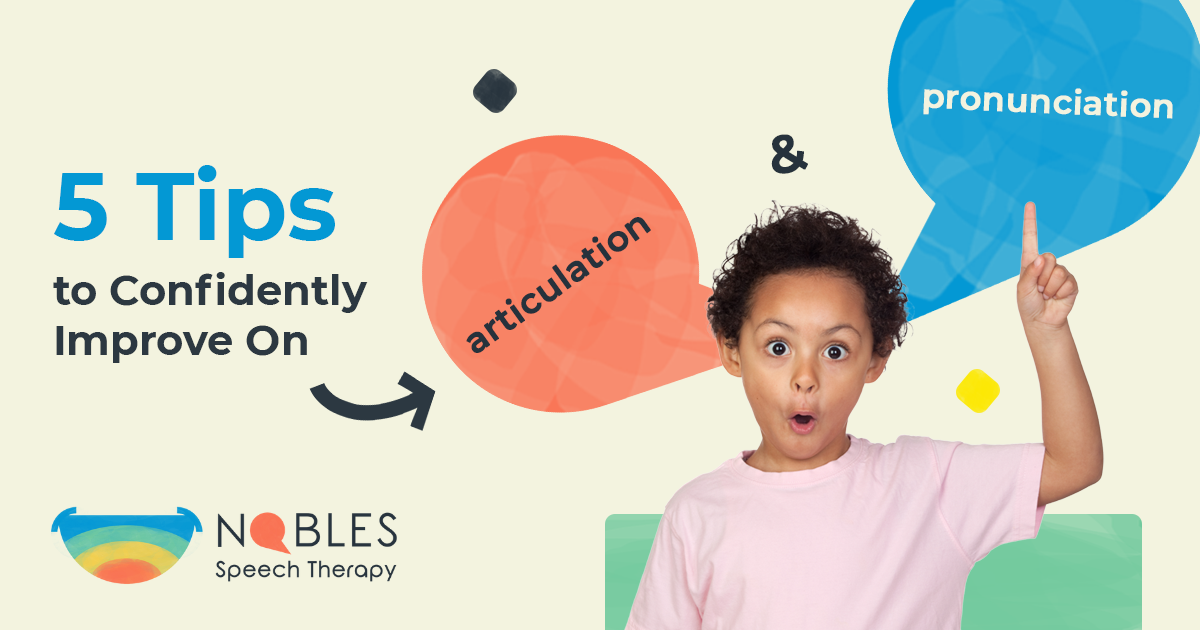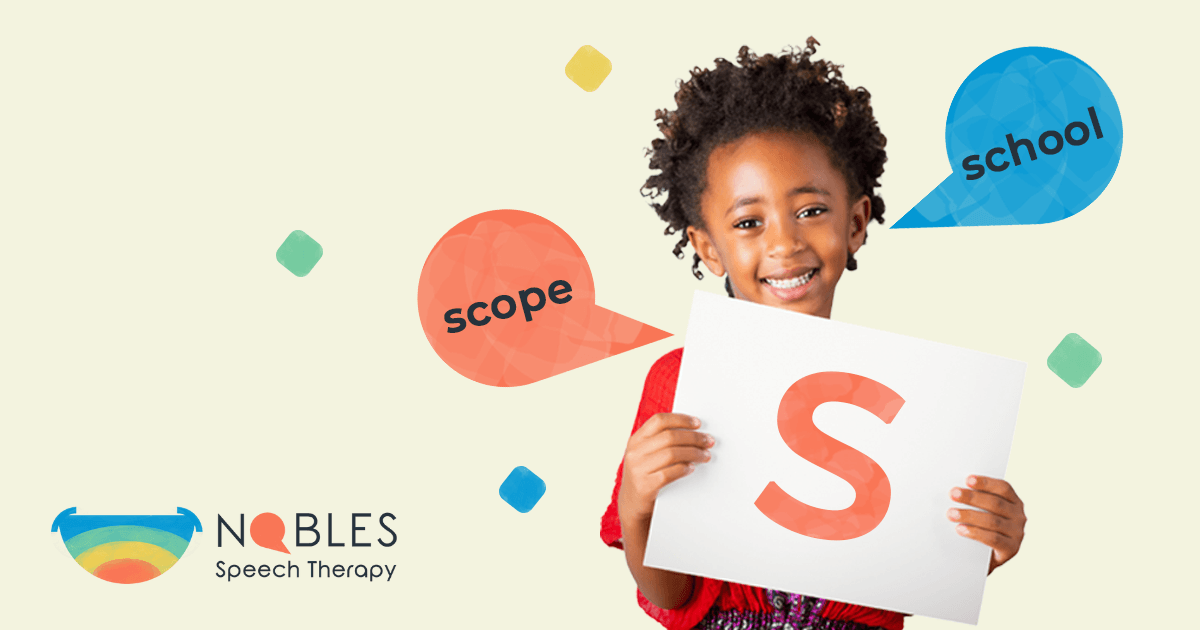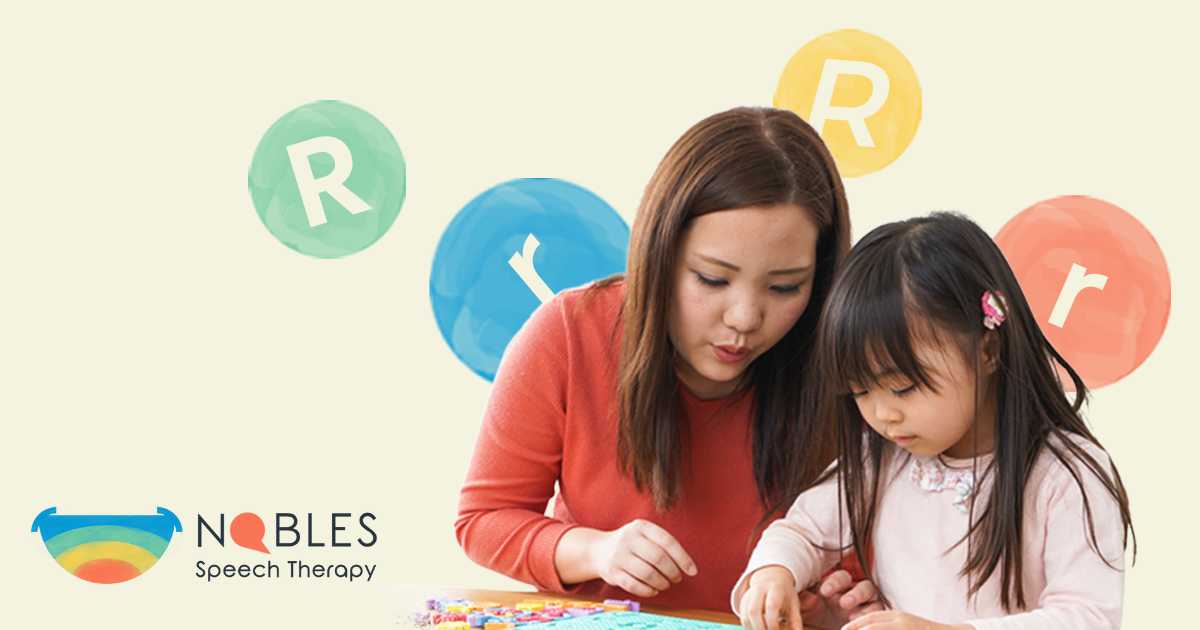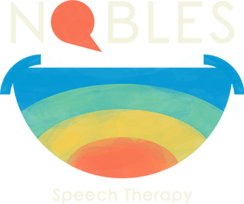We accept CareFirst BlueCross BlueShield, United Health Care, Wellpoint and Maryland Physician Care Insurance.
Equip Your Child to Speak Clearly and Be Understood
Articulation Speech Therapy for Kids
Kids grow up fast, and it's not always easy to notice that they're experiencing speech or language difficulties. However, when you see your child having problems articulating and is hard to understand, it's imperative to have a professional evaluate whether children's speech therapy is needed.
In the U.S., 8 to 9 percent of young children experience some kind of speech sound disorder. These disorders include articulation disorders, meaning the child may have problems making or forming certain sounds.
Although these speech disorders can happen to boys and girls from any background, young African American boys are
more likely to be affected
by these disorders.
Suspecting a Speech Issue
Often people close to you, such as a teacher, doctor, or family member, may notice that your child has a speech problem.
You may not have realized this before and assumed your child would grow out of the problem.
Affects Confidence and Relationships
It is important to understand that speech issues can affect your child’s self-esteem, as well as their ability to communicate with their community.
In addition, if the issue continues as they grow up, it becomes more difficult to correct. Adult minds and bodies are set in their ways and that makes it harder for them to respond to treatment. This is where
tips on improving articulation and pronunciation can come in handy.
Therapy Makes a Difference
The good news is that speech therapy for children is more likely to be effective. Speech language pathologists are well- trained in figuring out what is going on with your child’s speech.
We have a toolbox of knowledge that contains various methods to help improve your child’s ability to communicate.
How can a Speech-Language Pathologist Help?
Often, a speech disorder has no cause that anyone can determine. The uncertainty can cause you to be frustrated because you want to help your child but aren't sure what to do.
Even if the cause is known, doctors and teachers may want to help but do not have the specialized training needed. It is hard to watch your child struggle and not know how to solve their problem.

Reaching out to a speech language pathologist in your community can be a good place to start.
Speech language pathologists, also called an SLP, have the skills to diagnose and pinpoint where your child is having difficulties. We work with families to form a treatment plan, including specific practical ways to help your child communicate.
Children are adaptable, and sometimes, even meeting with a professional who can point out and explain their issue can go a long way to helping the child to correct it.
The goal of therapy is to significantly improve your child’s speech.

What is Articulation Speech Therapy?
An articulation disorder is atypical production of speech sounds that interfere with intelligibility or understanding in conversation. Put in a simpler way, sometimes sounds come out wrong, and because of that, people may have a hard time understanding what your child is trying to say.
As Speech-Language Pathologists, we work with children and assist in moving different parts of the mouth (e.g. tongue, lips, etc.) to the correct positions to produce the sounds correctly.
There is not a one-size-fits-all solution to speech disorders, and your SLP will first assess your child to be able to tell what method will work for them. We may need to explore a few different therapies until we find the one best suited for your child. Games and activities are used to make treatment less of a chore and more of a fun activity to look forward to.


Traditional Articulation Therapy
The traditional method of speech therapy for articulation works by building on small successes. New levels are slowly introduced. Just like in a video game, children level up.
The end goal is to be able to use the sound in everyday conversation by first practicing each sound by itself, then as part of a syllable, word, phrase, and sentence.
Articulation Disorder Treatment
Articulation treatments can differ depending on how much help a child needs. The treatment of articulation disorders generally targets specific sounds, words, and blends as explained below.
r words, d words, f words and other core words
Involves repeating and practicing certain words that contain sounds that may be difficult for a child.
f sound, k sounds, l sound and other sound production
Similar to word speech therapy, this involves repeating and practicing certain sounds that may be hard to say.
l bends, r blends,
s blends and other blends
Some combinations of letters are tough for kids, such as “bl” or “br”. These tricky letter combinations are called blends.
You may be wondering at what age children typically should be mastering different sounds. Below is a guideline for age-appropriate sounds.
toddler to 3 Years Old
Most 3 years old’s should have these sounds mastered by the end of 3 years and 11 months old
/p, b, m, w, h, t, d, k, g/
4 Years Old
Most 4 years old’s should have these sounds mastered by the end of 4 years and 11 months old
/ng, f/
5 Years Old
Most 5 years old’s should have these sounds mastered by the end of 5 years and 11 months old
/v, j, ch, sh, dj, l, s/
6 Years Old
Most 6 years old’s should have these sounds mastered by the end of 6 years and 11 months old
/z, r, r-blends, s-blends, l-blends/
7 Years Old
Most 7 years old’s should have these sounds mastered by the end of 7 years and 11 months old
/th/
A reminder that this is just a guideline, an assessment by your SLP can give a better idea of whether your child is meeting age expectations.
What to Expect with Articulation Therapy
Generally, what you can expect at speech therapy is the improvement of a child's communication skills by talking and playing, using books, pictures, or flashcards to help language development.
This is all carefully planned to be fun, while still targeting specific problem areas. Your therapist may also provide strategies and homework for the child and family to continue speech therapy at home.
How Articulation Speech Therapy Works
Step 1. Schedule Initial Consultation
We'll have a brief call to discuss your concerns about your child's communications skills, developmental milestones, red flags, and other areas of assessment.
Step 2. Assessment
We evaluate your child to industry-standard speech and language development benchmarks. Based on the results, we create a step-by-step treatment plan built around your child's needs.
Step 3. Treatment
We implement the treatment plan in series of fun, 30-minute one-on-one in-person or virtual sessions with your child. You'll receive updates after each session with supplemental materials for practice and reinforcement.
Step 4. Results
You'll experience the joy of watching your child's confidence, interpersonal interactions, and communication transform as building blocks are mastered throughout the treatment plan.
Get Started Today!
Take the Next Step to Improve Your Child's Speaking Skills.
The consultation is confidential and there is no obligation!
Is Speech Therapy for Your Child?
The main goal of speech therapy is to improve your child’s ability to communicate. This leads to greater self-esteem, increased independence, and better performance in school.
Are You Ready to Equip Your Child for the Future?
Request a consultation today to discuss how our individualized articulation speech therapy can help your child speak more clearly and be understood better.
Related Topics:
Speech therapy news, insights, and helpful resources for you and your kids exclusively from the team at Nobles Speech Therapy.

